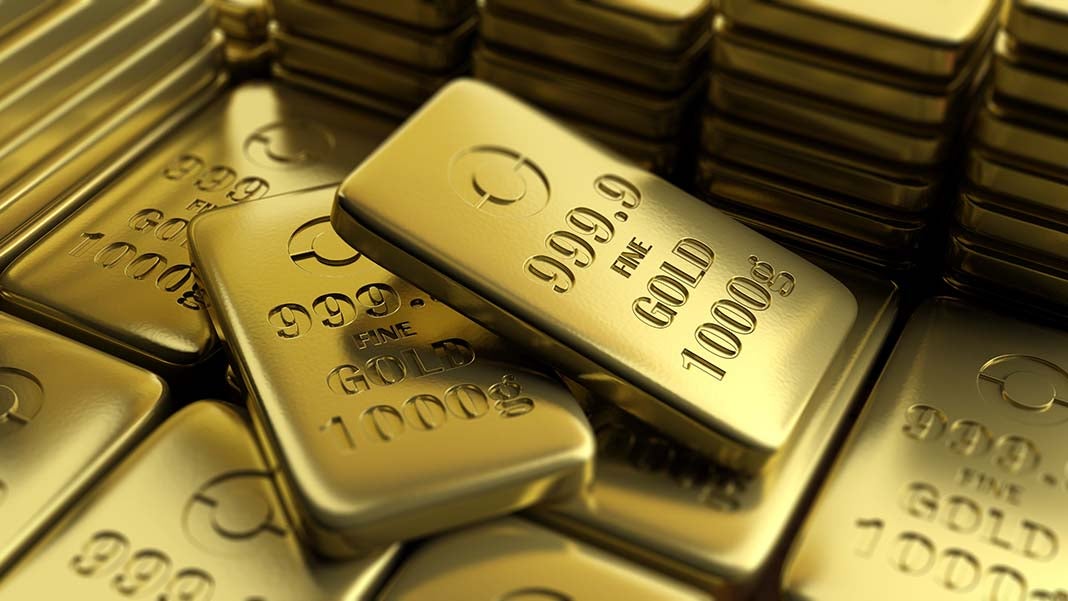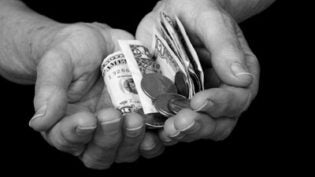
Whether you run a business or looking for personal investments, bullion continues to be a great strategy. Gold is returning over 359% during the past 16 years, with demand from China, India, Germany and the United States driving growth. Gold is a particularly safe haven to purchase in the event of an economic downturn.
However, it’s not as simple as going out to the bank to make this type of purchase. Like any investment, be sure to take the time to understand the ins and outs to ensure your investment is sound.
People invest in bullion for many different reasons, while some seek greater portfolio diversification others believe precious metals are the only true asset class that can protect individuals against an economic catastrophe. Anthony Allen Anderson, Director of Sales and Marketing at GSI Exchange in Calabasas, California, explains, “we have seen massive wealth destruction in the United States, time and time again. History often repeats itself, those who own Gold and Silver are insightful, realistic and financially secure. They are never dependent on a government or the faith of a credit rating agency.”
In this article, we seek to demystify the jargon and the hype surrounding gold and silver bullion investing and answer some basic questions of interest to the novice and even experienced investor.
What is Bullion?
Bullion is the term used to describe a large quantity of metal — typically gold, silver or platinum — that can be purchased in a block or bar. Most banks sell bullion, or it can also be purchased from a reputable dealer.
What are Bullion Coins?
Bullion coins are simply a certain quantity of a precious metal pressed into a coin shape. Like bullion, bullion coins can be purchased from banks and dealers. However, they also can be purchased from coin dealers as well as the U.S. Mint.
The most recognized bullion coins are the American Gold Eagle, the Australian Gold Nugget, the Canadian Maple Leaf and the South African Krugerrand. Since 1986, the U.S. Mint has made bullion coin from gold, silver and platinum. They come from the U.S. Mint in two forms: either a proof bullion coin (sold to collectors) or the uncirculated bullion coin (sold to very few buyers and are made specifically for investments).
Additionally, mint coins can be found from foreign governments, but be aware that the U.S. government does not guarantee bullion coins produced outside of the United States.
How is the Value of Bullion and Bullion Coins Determined?
The value of the precious metal in bullion or bullion coins is determined by figuring out the actual precious metal content within the bar or coin. As with many investments, the price of precious metals fluctuates daily. Before buying bullion or bullion coins, as the dealer about the ‘melt value’ for the bar or coin. The melt value is the actual amount of precious metal within the bar or coin that is found by literally melting it down.
Tax Consequences
Holdings in precious metals such as gold, silver or platinum are considered to be capital assets, and therefore capital gains may apply. When it comes to tax purposes, the IRS classifies precious metals as collectibles, and thus they may potentially be taxed at the maximum collectible capital gains rate of 28 percent. The actual rate that someone pays is determined by the amount of time the precious metals were held and the payer’s ordinary income tax rate.
The investor must also determine if the capital gain is short-term or long-term based on how long they held the precious metals. Short-term capital gains are taxed differently from long-term capital gains.
Where to Buy Bullion and Bullion Coins
Bullion and bullion coins can be purchased from a major bank, dealer or coin dealer. But be sure to do some homework before making the purchase. Ensure that the dealer is reputable and consider talking to an investment advisor who can walk you through the complexities of investing in bullion or bullion coins.
Be Wary When Purchasing
Like many other investments, it’s best to be certain about what you’re getting before shelling out your cash to purchase bullion or bullion coins. Some dealers may hike up the price of their coins, hyping the historical value of the coin.
Also, be aware of bullion scams in the marketplace; some sellers will ask buyers to put down 20% in a leveraged investment scam. This scam asks for a minimal down payment, but then the buyer is on the hook for storage fees and interest charges that are charged against the investment, thereby bringing down the equity the buyer has in the precious metal.
Always do some research before buying bullion or bullion coins to make sure that the investment is with a reputable dealer and a sound decision.
2907 Views












